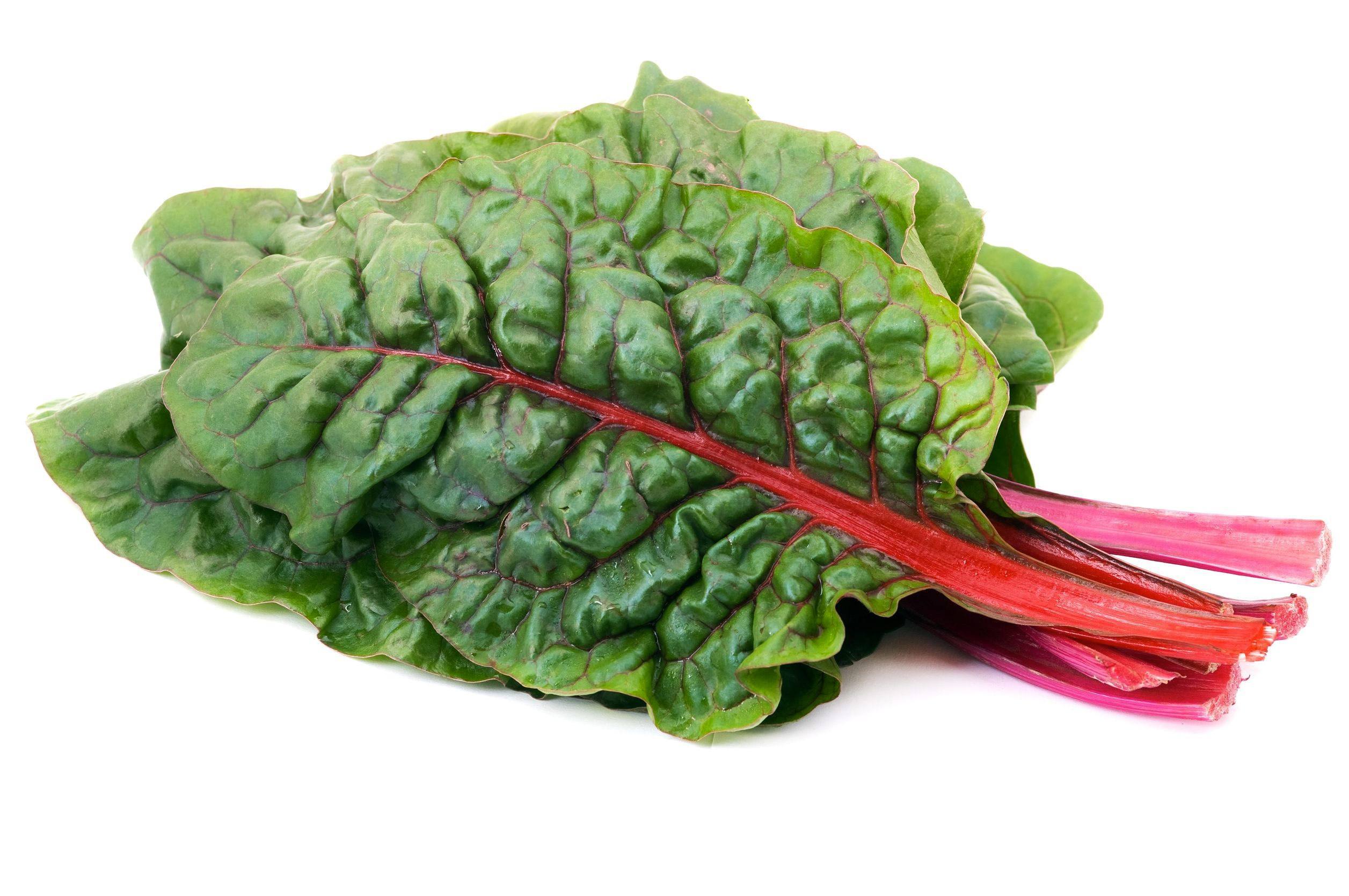Grapes have been called the “queen of fruits” due to being one of the most nutritious and medicinal foods available since ancient times. Grapes are a rich source of vitamins A, C, and b-complex, and minerals such as calcium, magnesium, copper, boron, manganese, iron, selenium and potassium.
Grapes contain high amounts of powerful antioxidants known as bioflavonoids, resveratrol, and anthocyanins. These phytochemicals are anti-inflammatory, anti-viral, anti-microbial, anti-aging, and anti-cancerous and provide protection against anemia, degenerative nerve diseases, heart disease, viral and fungal infections, Alzheimer’s, autoimmune disorders, and all forms of cancer.
Grapes can also help provide relief from asthma, migraines, constipation, gastritis, chronic acidosis, indigestion, kidney disorders, fatigue, and vision problems. Grapes have the ability to help prevent blood clots due to their ability to increase nitric oxide levels in the blood and therefore provide excellent protection for the heart and cardiovascular system. Grapes also amazingly enough fight tooth decay and can stop viruses in their tracts.
Grapes can benefit blood sugar by providing better insulin regulation and overall blood sugar balance. The black variety of grapes are by far the most nutritious and if you can find them with seeds, even better! Grape seeds provide phenomenal healing benefits and are less expensive than the commonly sold grape seed extract supplements.
You can chew the seeds up or place the seeded grapes in a high speed blender or a juicer. It will make a sweet, delicious, and powerful antioxidant drink that is easily digested and assimilated. In fact, fresh raw grape juice has been called the “nectar of the gods” due to its high concentration of health promoting properties. And since the skins contain most of the antioxidants and nutrition, you will want to choose Organic whenever possible.




